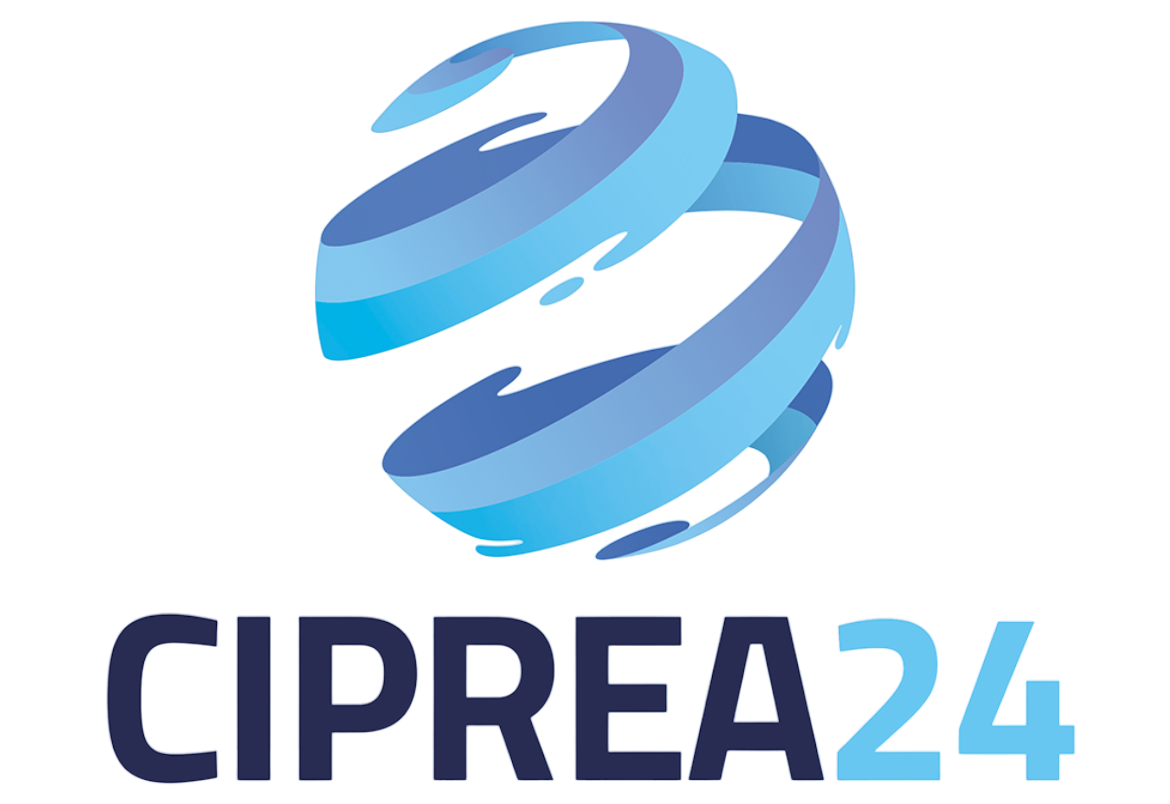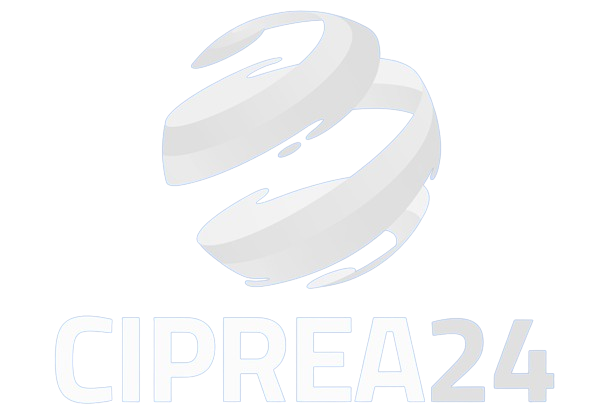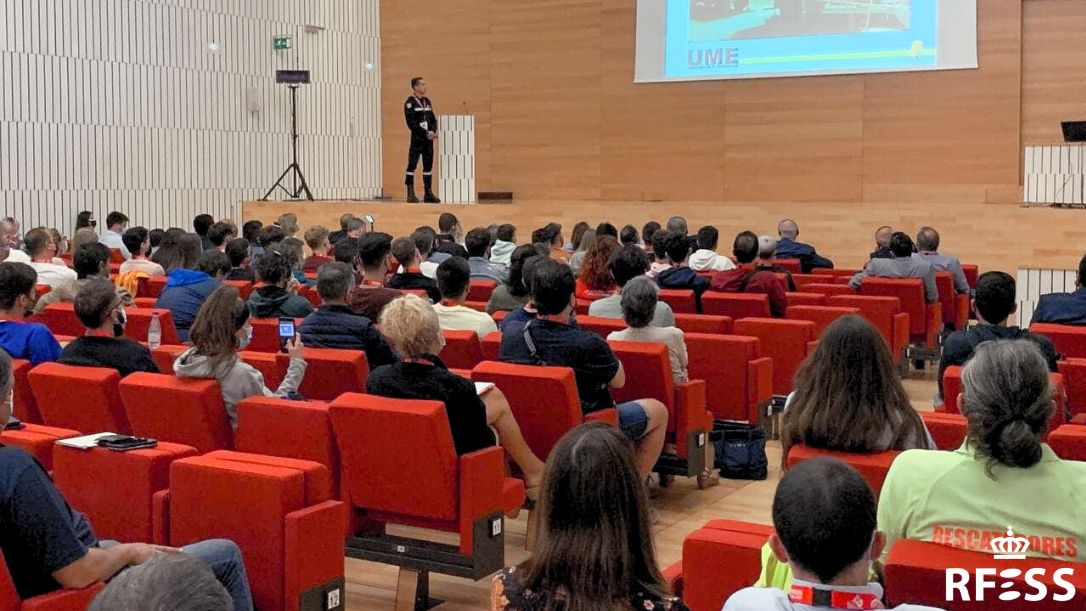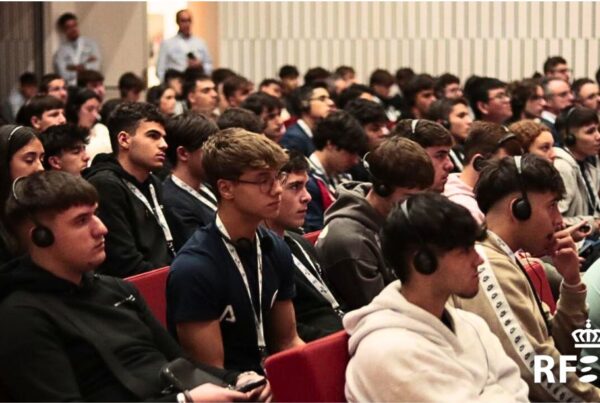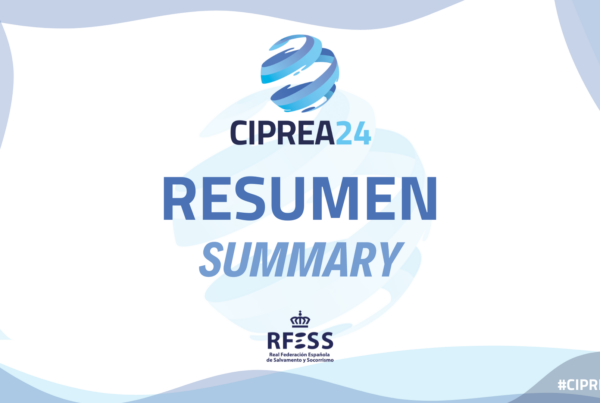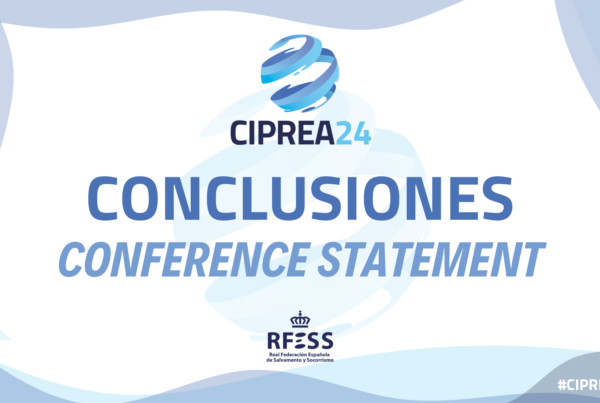Deadline for the submission of abstracts for the International Congress on Drowning Prevention extended until the end of June
The #CIPREA2024 is structured around 10 thematic areas, with employment as a novelty in the fourth edition of the congress.
The deadline for the submission of abstracts for the fourth edition of the International Congress on Drowning Prevention (CIPREA) has been extended until 30 June.
The #CIPREA2024, which will be held at the Palacio de Congresos y Exposiciones de Córdoba, is structured around ten thematic areas: prevention, statistics, education and water safety, sport, rescue, health, natural disasters, migrants and refugees, innovations and labour.
Call for abstracts
The call for abstracts for the submission of scientific or experience-based papers is open until 30 June, using the form available at the link https://ciprea.rfess.es/en/communications-and-posters/. Abstracts will be accepted until 15 June.
Registration
The preferential registration period, at a reduced price, will also continue until the last day of this month.
The #CIPREA2024, which will take place from 18-20 October, is the leading national forum on aquatic space safety and one of the most important in the world.
The registration process for #CIPREA2024 can be done online at https://gestioninstalacion.es/ciprea24. All registration information is also available at https://ciprea.rfess.es/en/ciprea-2024-registration/.
The first registration period will run from 1 July to 31 August and a second registration period will be open from 1 September until the date of the congress.
Who is #CIPREA2024 aimed at?
The Congress is aimed at people interested in improving the prevention of drowning in aquatic spaces, including lifeguards, technical staff involved in activities in the aquatic medium (rescue and lifeguarding, swimming, diving, etc.), TAFADs, TESEAs, graduates and graduates in Physical Education, health personnel (doctors, nurses, emergency technical staff, etc.), safety personnel in the aquatic medium (UME, Navy, Fire Brigades and State Security Forces, etc.), NGO staff or those involved in the aquatic medium (UME, Navy, Fire Brigades and State Security Forces, etc.). ), security personnel in the aquatic medium (UME, Navy, Firefighters and State Security Forces and Corps), NGO or research personnel, teaching staff and students of these branches, disciplines and specialities, among others.
